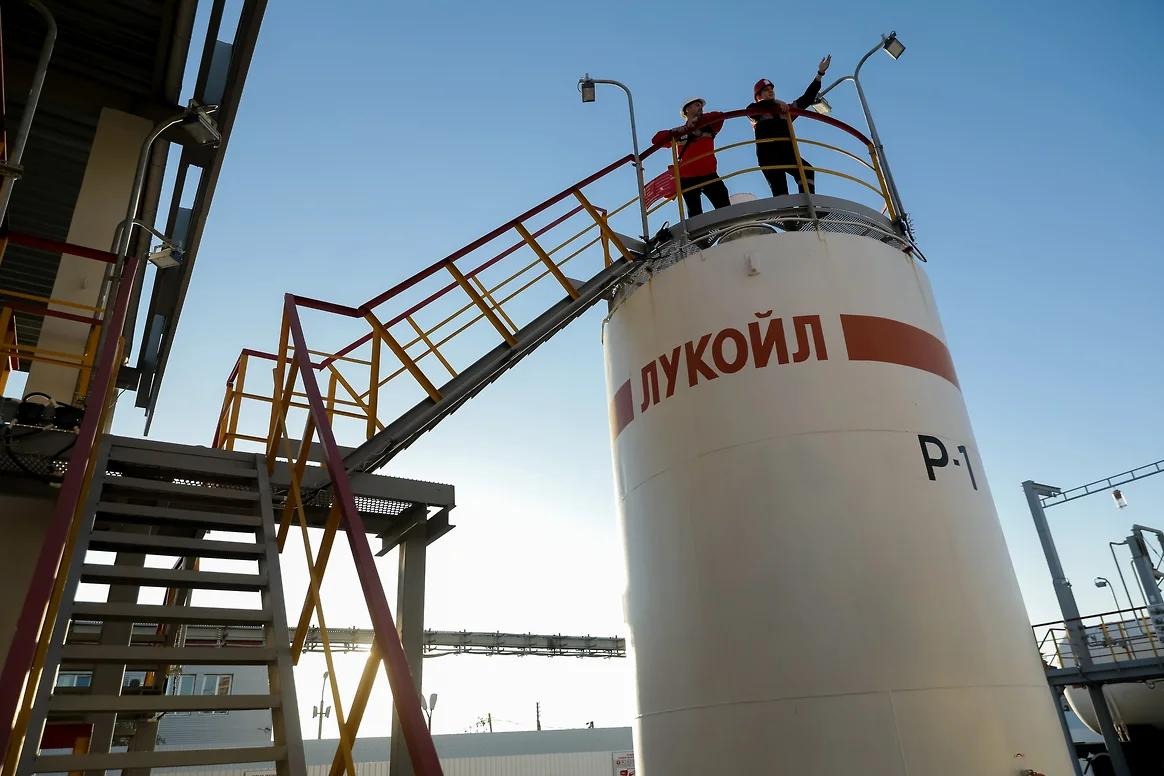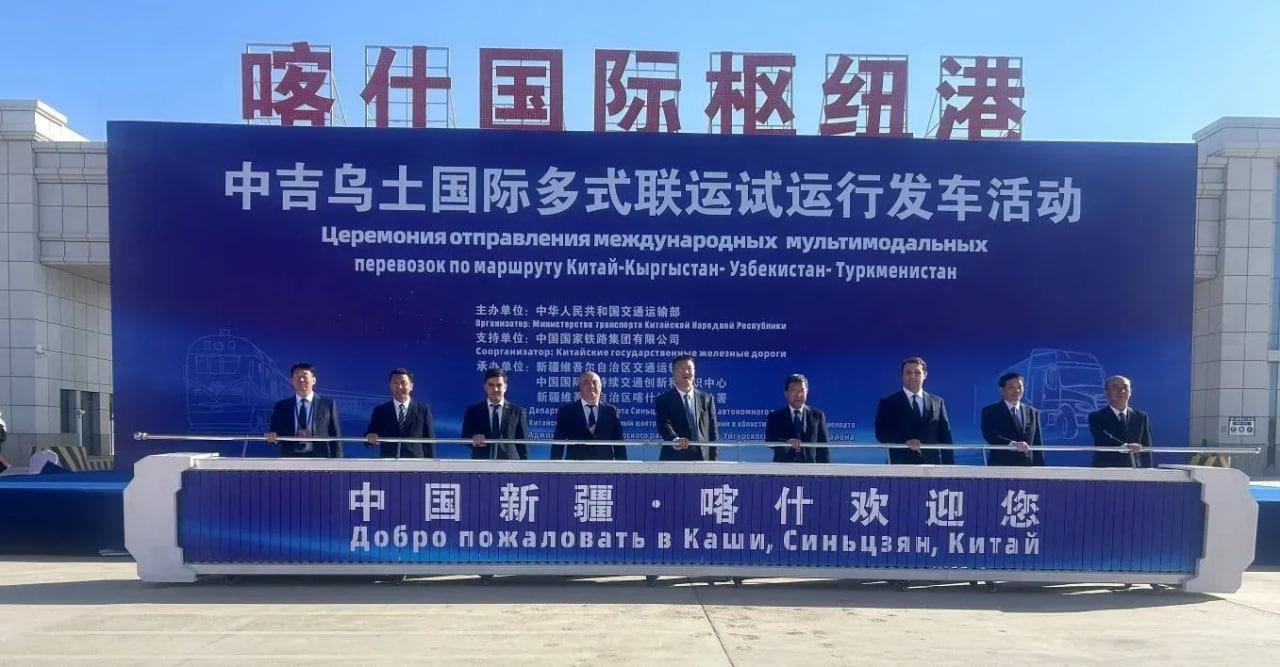KOKOITI REJECTS GEORGIAN AUTONOMY PLAN, BRACES FOR MORE FIGHTING
KOKOITI REJECTS GEORGIAN AUTONOMY PLAN, BRACES FOR MORE FIGHTING
The situation in South Ossetia is still teetering between war and peace. Unidentified Ossetian gunmen kidnapped four Georgians from the ethnic Georgian-populated villages inside this breakaway region on June 6, and they are still missing.
Search efforts by Georgian and Ossetian law enforcement and the Russian peacekeepers deployed in the conflict zone have so far been unsuccessful. The Georgian community in the conflict zone is threatening to take radical measures if the Georgian authorities fail to rescue the hostages. The likelihood of large-scale violence remains high, because the Georgian armed forces are unlikely to remain neutral if Ossetians attack Georgian villages. The Ossetians, in turn, anticipate forceful actions by Tbilisi.
At a news conference in Moscow on June 27, Eduard Kokoiti, the self-styled president of South Ossetia, claimed to have information that Georgian authorities are importing large quantities of weaponry through the seaports at Poti and Batumi. He called on Russia and international organizations to monitor these ports. Some people in the Georgian government are eager to resolve the Georgian-Ossetian conflict by military force, Kokoiti asserted, warning Georgian “hawks” that South Ossetian troops are prepared to fight. Kokoiti also accused Tbilisi of attempting to remove Russian peacekeepers from the conflict zone.
Kokoiti made clear that South Ossetian representatives would not participate in the international conference scheduled by the Georgian government for July 9-10. The meeting is to discuss Tbilisi’s widely advertised plan for peaceful settlement of the Georgian-Ossetian conflict, offering South Ossetia broad autonomy within the Georgian state. Kokoiti dismissed Georgia as a “bankrupt state” (Caucasus Press, June 27).
These and similar statements by other Ossetian leaders appear to quash hopes that the South Ossetian separatists would engage in a serious dialogue about the peace plan, which might have become a promising starting point for further negotiations. Moreover, Kokoiti claimed that the Georgian representative was “unprepared” and “unaware” of the protocol text signed by senior security officials of Georgia, North and South Ossetia, and Russia on June 22 in Moscow, within the framework of the quadripartite Joint Control Commission (JCC). Although participants in the June 22 meeting agreed to set up a joint group to investigate the kidnappings, they failed to meet the June 25 deadline to do so.
In the JCC document the sides agreed to jointly investigate the incidents that had triggered tension in the region and recommended peacekeepers to avert further violence. But the Georgian side is increasingly skeptical about the abilities of the peacekeepers. Giorgi Khaindrava, Georgian state minister for conflict resolution, stated after the meeting that if Russian peacekeepers fail again to secure the safety of the Georgian residents in the conflict zone, then the Georgian government would solve the problem using its own resources. Some Georgian politicians, not to mention the Ossetians, interpreted this statement as a declaration of Tbilisi’s intention to conduct a special anti-crime operation in the region — the very move that contributed to large-scale hostilities last summer.
Perhaps wanting to smooth over discrepancies with Khaindrava’s previous statements calling for the removal of any additional armed groups from the conflict zone (see EDM, June 10) Khaindrava’s deputy, Giorgi Volski, stated that Tbilisi plans no special operation in the region (Resonance, July 25, GHN, RIA-Novosti, June 27).
Kokoiti’s allegations about hawks within the Georgian government appear to contain a grain of truth. Vazha Khachapuridze, Kokoiti’s ethnic-Georgian envoy to the peace talks, resigned his post and traveled to Tbilisi. In press interviews he claimed to know the names of President Mikheil Saakashvili’s close associates who had misinformed him about the situation in South Ossetia, encouraging him to take ill-considered steps. The June 14-15 large-scale Georgian tank maneuvers in the village of Orfolo, near the conflict zone, the strict statements by Guram Vakhtangashvili, who represents South Ossetia’s Georgian-populated Didi Liakhvi constituency in the Georgian parliament, and tough statements by other politicians evidently harmed the confidence-building process. Vakhtangishvili claimed special operations are needed since nine Georgian villages in the conflict zone had been blockaded. He also called for reinstating the Georgian quota (500 servicemen) in the mixed peacekeeping troops in the conflict zone. Tbilisi had reduced its contingent to 32 men as a result of gesture of goodwill and to boost the demilitarization process. According to Vakhtangishvili, the Ossetian side does not respond to the goodwill efforts and keeps a 500-man unit in the peacekeeping troops, which together with various paramilitary groups represents a threat to the Georgian villagers (Resonance, Caucasus Press, June 15-18; Akhali Taoba, June 25). These detachments are loosely controlled by the Kokoiti government, but presumably they are manipulated by external forces. In an interview with Imedi television on June 13, Khaindrava called the uncontrolled armed groups in South Ossetia “a major headache” for both Tbilisi and South Ossetian authorities.
While in Monaco at the Crans Montana Forum, Saakashvili stated, “Georgia pins hopes on Russia as a mediator in the settlement of the conflict” (Caucasus Press, June 25). It is unclear whether Saakashvili knew at that time about the latest tranche of humanitarian aid (worth about $1.7 million) that Moscow had sent to the separatist regime, circumventing Tbilisi.
The Georgian news agency Inter Press News, based on sources in Moscow, reported on June 28 that the former leader of Ajaria, Aslan Abashidze, who now lives in Moscow, co-financed the second tranche (44 train cars) of humanitarian aid worth 50 million Russian rubles, which was sent to the South Ossetian separatists on June 25 on behalf of Moscow Mayor Yuri Luzhkov. According to the agency, Abashidze contributed some $1.5 million, while Moscow City Hall paid the rest. According to Ossetian sources, the shipment includes cars, ambulances, and off-highway vehicles. The first shipment of “humanitarian aid” included military ammunition, according to Georgian sources.
Some analysts argue that Moscow still tries to lure Georgia into a new armed conflict in South Ossetia, which Tbilisi will inevitably lose. Vazha Karkusashvili, chair of the Society of Georgian Ossetians “Esmaron” (Brotherhood) said that Tbilisi’s militant policy toward South Ossetia last summer forced Kokoiti’s opposition to reconcile with him (Resonance, June 24).
Meanwhile, the conciliation process in South Ossetia continues. Forty-seven displaced Ossetian families willing to return to Georgia have applied to the Georgian government for permission to return. They will be settled in their former homes (Caucasus Press, June 27).


